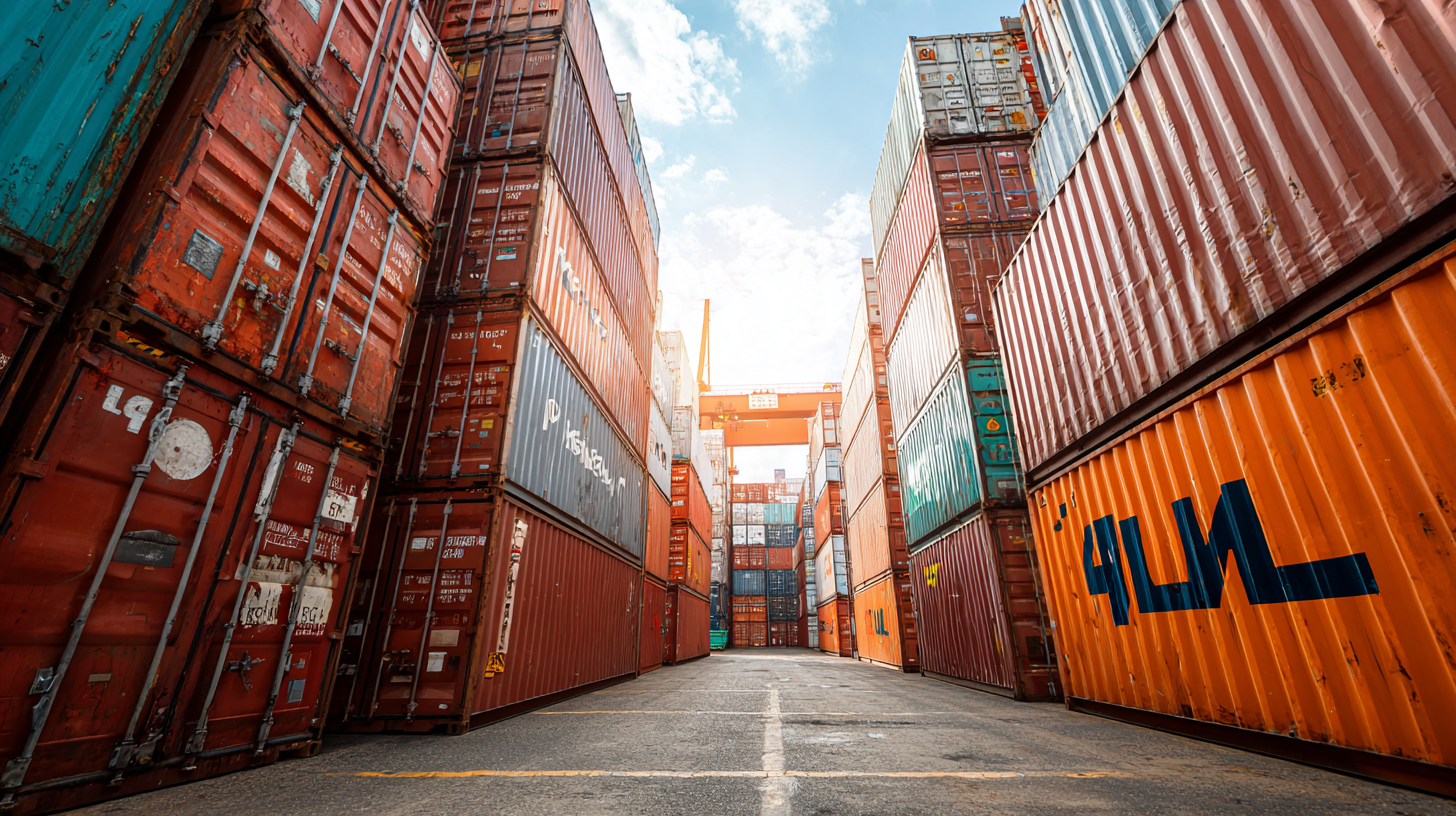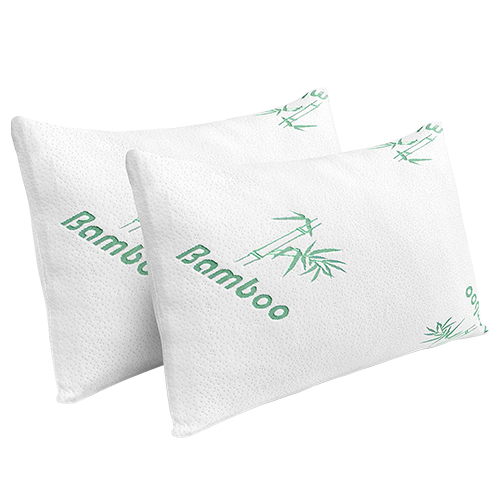 English
English Español
Español  Português
Português  русский
русский  Français
Français  日本語
日本語  Deutsch
Deutsch  tiếng Việt
tiếng Việt  Italiano
Italiano  Nederlands
Nederlands  ภาษาไทย
ภาษาไทย  Polski
Polski  한국어
한국어  Svenska
Svenska  magyar
magyar  Malay
Malay  বাংলা ভাষার
বাংলা ভাষার  Dansk
Dansk  Suomi
Suomi  हिन्दी
हिन्दी  Pilipino
Pilipino  Türkçe
Türkçe  Gaeilge
Gaeilge  العربية
العربية  Indonesia
Indonesia  Norsk
Norsk  تمل
تمل  český
český  ελληνικά
ελληνικά  український
український  Javanese
Javanese  فارسی
فارسی  தமிழ்
தமிழ்  తెలుగు
తెలుగు  नेपाली
नेपाली  Burmese
Burmese  български
български  ລາວ
ລາວ  Latine
Latine  Қазақша
Қазақша  Euskal
Euskal  Azərbaycan
Azərbaycan  Slovenský jazyk
Slovenský jazyk  Македонски
Македонски  Lietuvos
Lietuvos  Eesti Keel
Eesti Keel  Română
Română  Slovenski
Slovenski  मराठी
मराठी  Srpski језик
Srpski језик
How to Choose the Best Suppliers with Industry Import Export Certifications Insights
In today’s competitive global market, choosing the right suppliers is more crucial than ever, especially for businesses engaged in import-export operations. As companies navigate complex supply chains, understanding the significance of industry-specific certifications can significantly impact their success. According to a recent report by Research and Markets, the global import-export market is projected to grow at a CAGR of 5.2% from 2021 to 2026, emphasizing the need for companies to align with suppliers who not only deliver quality but also adhere to regulatory standards.

A strategic approach to supplier selection, informed by insights into technological advancements and certification requirements, can enhance operational efficiency and foster sustainable partnerships. As we look towards the technological trends of 2025, identifying suppliers equipped with the right certifications is key to ensuring compliance, reliability, and a competitive edge in an evolving marketplace.
Understanding the Importance of Industry Certifications in Supplier Selection
When selecting suppliers for your business, understanding the importance of industry certifications is crucial. Certifications serve as a benchmark for quality and compliance, providing assurance that a supplier adheres to recognized standards. These credentials often indicate a supplier's commitment to meeting regulatory requirements, safety standards, and industry best practices. By prioritizing certified suppliers, companies can mitigate risks associated with subpar products or services while fostering trust and reliability in their supply chains.

Furthermore, industry certifications can enhance a supplier's credibility and marketability. Buyers increasingly prefer suppliers with proven qualifications, as these certifications reflect expertise and reliability. Suppliers with certifications not only stand out in competitive markets but also tend to have better operational processes and quality control measures in place. When evaluating potential partners, businesses should look for specific certifications relevant to their industry, ensuring that their suppliers are not just compliant but also invested in continuous improvement and excellence.
Key Certification Standards Reflecting Quality in Chinese Manufacturing
When selecting suppliers in the Chinese manufacturing landscape, understanding key certification standards is crucial to ensure product quality and compliance. Certifications such as ISO 9001 for quality management systems and ISO 14001 for environmental management are essential indicators of a factory's commitment to excellence. These standards not only reflect the operational capabilities of a supplier but also their dedication to continual improvement and sustainability practices. By prioritizing suppliers with these certifications, businesses can mitigate risks associated with subpar quality and environmental non-compliance.
Another important certification to consider is CE marking, which signifies that products meet European safety, health, and environmental protection standards. This is particularly vital for companies looking to export goods to Europe or other markets that require compliance with specific regulations. Similarly, certifications like UL (Underwriters Laboratories) and RoHS (Restriction of Hazardous Substances) can provide additional assurance regarding product safety and environmental impact. Suppliers boasting these credentials not only contribute to a company’s reputation but also help in establishing trust with consumers, ultimately enhancing market competitiveness.
Supplier Quality by Certification Standards
Evaluating Supplier Performance through Relevant Import Export Data
When selecting suppliers, particularly in the import-export industry, evaluating their performance through relevant data is crucial. Import-export data can provide valuable insights into a supplier's reliability, including their shipping timelines, compliance with regulations, and overall transaction history. By analyzing shipping volumes and patterns, businesses can discern not only the supplier's capacity but also their consistency in meeting deadlines and quality standards.

Moreover, industry certifications play a significant role in assuring that suppliers adhere to best practices and regulations. Suppliers with recognized certifications demonstrate their commitment to quality and reliability. By cross-referencing certification statuses with import-export performance data, businesses can identify suppliers that not only meet regulatory requirements but also consistently deliver on their promises. In this context, leveraging data analytics tools becomes an essential strategy—enabling organizations to make informed decisions and foster long-term partnerships with trustworthy suppliers.
The Role of Global Trade Regulations in Supplier Reliability
In today’s globalized economy, understanding the role of
trade regulations is crucial for identifying
reliable suppliers. Suppliers with industry import-export certifications often demonstrate
compliance with these regulations, which differ significantly across regions and sectors. By
verifying a supplier's adherence to these standards, businesses can mitigate risks associated
with non-compliance, such as delays, fines, and product recalls. Certifications act as
assurance that suppliers are not only knowledgeable about the regulations but also committed
to maintaining quality and
ethical practices throughout their operations.
Moreover, global trade regulations promote transparency and
accountability in the supply chain. They require suppliers
to document their processes and ensure traceability, which helps in building trust between
businesses and their suppliers. By focusing on suppliers who prioritize compliance with these
regulations, companies can foster relationships that align with their dedication to
quality and sustainability.
This not only safeguards the business’s reputation but also enhances its competitive edge in
an increasingly discerning market. Ultimately, a reliable supplier network is a cornerstone of
smooth international trade, facilitating growth and stability in an ever-evolving landscape.
Best Practices for Maintaining Long-Term Relationships with Certified Suppliers
Building long-term relationships with certified suppliers is crucial for any business looking to thrive in today's competitive market. One of the best practices is to maintain open and consistent communication. Regular check-ins and feedback sessions not only ensure that both parties are aligned on expectations but also foster a sense of partnership. By sharing insights on market trends and challenges, businesses can create a collaborative environment where both sides feel valued and involved.
In addition to communication, it's essential to recognize and celebrate the achievements of your certified suppliers. Acknowledging their efforts in maintaining certifications and adhering to industry standards reinforces mutual respect and strengthens the partnership. Consider implementing a reward system for milestones reached or successful projects completed together. This not only motivates suppliers to maintain high standards but also positions your business as a supportive and appreciative partner, paving the way for sustained collaboration and loyalty over time.
How to Choose the Best Suppliers with Industry Import Export Certifications Insights
| Supplier Type | Certification Type | Country of Origin | Years in Business | Average Lead Time | Customer Ratings |
|---|---|---|---|---|---|
| Manufacturer | ISO 9001 | China | 15 | 30 days | 4.5 |
| Distributor | FSC | Germany | 10 | 25 days | 4.7 |
| Exporter | CE | Italy | 20 | 20 days | 4.6 |
| Supplier | BRC | USA | 5 | 15 days | 4.2 |
| Broker | SA8000 | India | 8 | 40 days | 4.3 |
News
- How to choose a suitable memory pillow2021/01/04
Guide: Memory pillows are becoming more and more common. Due to their advantages of slow rebound, decompression, neck protection, and ventilation, they have become the first choice for many people when buying pillows. However, many memory pillows currently on the market do not meet the quality stand......
Inquiry For Price List
Welcome to our website! Please feel free to send your enquiry to us by the following form,We will contact you as soon as possible and offer you the corresponding services.
Contact Us
- No. 5, Fengan Road, Ningbo, Zhejiang, China
- sale@fancybedrooms.com


